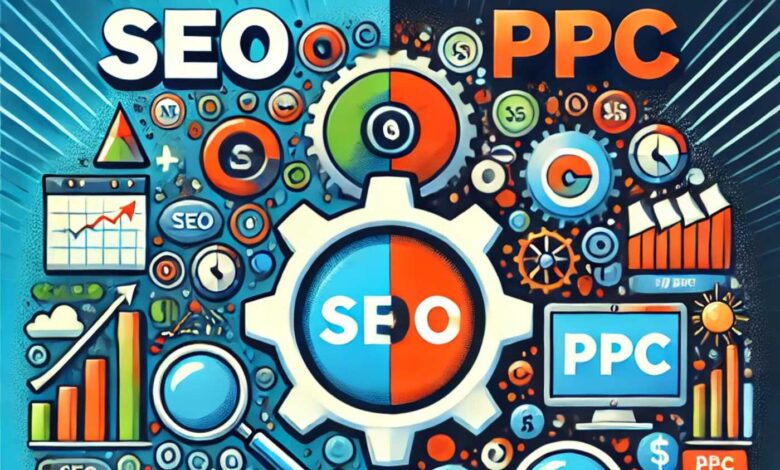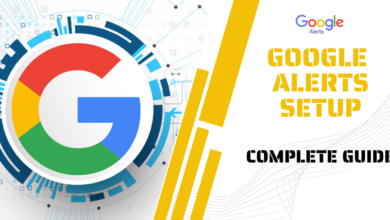SEO vs. PPC: Which Strategy Is Better for Your Business?

When it comes to driving traffic to your website and enhancing your online presence, SEO (Search Engine Optimization) and PPC (Pay-Per-Click advertising) are two of the most commonly debated strategies. While both can be highly effective, they serve different purposes and are best suited for different types of business goals. Understanding the advantages and limitations of each can help you make an informed decision for your business.
What is SEO?
SEO involves optimizing your website and content to achieve higher rankings on search engine results pages (SERPs) organically. This strategy requires efforts in on-page SEO, such as keyword optimization, creating high-quality content, and improving site structure, as well as off-page SEO, like building backlinks and enhancing domain authority.
Pros of SEO:
- Long-term Results: Once you achieve high rankings, maintaining them often requires less investment than PPC.
- Cost-Effectiveness: Organic traffic does not incur a direct cost per click, making it more sustainable over time.
- Credibility and Trust: Users often trust organic search results more than paid ads, which can enhance your brand’s credibility.
- Broader Reach: SEO can target multiple search queries at once, capturing more traffic from different keywords.
Cons of SEO:
- Takes Time: SEO can take months to see significant results, especially for competitive keywords.
- Constant Updates: Search engines frequently update their algorithms, so maintaining rankings requires ongoing effort.
- Unpredictable Changes: Sudden algorithm shifts can impact your site’s rankings.
What is PPC?
PPC advertising involves paying for ad placements on search engines or social media platforms. Every time a user clicks on your ad, you pay a fee. The most popular PPC platform is Google Ads, but there are also options on social media sites like Facebook and LinkedIn.
Pros of PPC:
- Immediate Results: Unlike SEO, PPC can generate traffic as soon as your campaign goes live.
- Precise Targeting: PPC allows you to target specific demographics, locations, devices, and more.
- Control Over Budget: You can set a maximum budget for your campaigns and adjust as needed.
- Easy A/B Testing: PPC makes it easy to test different ad copies, visuals, and strategies to see what works best.
Cons of PPC:
- Costly in the Long Run: The moment you stop paying, the traffic stops as well. High competition for certain keywords can drive up the cost.
- Ad Blindness: Some users ignore paid ads altogether, preferring to click on organic results.
- Requires Continuous Investment: To maintain visibility, you need to keep investing money into your campaigns.
SEO vs. PPC: Which Should You Choose?
When to Choose SEO:
- You Have Time to Invest: If you can wait for results and want sustainable traffic, SEO is ideal.
- Budget Constraints: If you’re looking for a more cost-effective long-term solution, SEO can be more suitable.
- Building Authority: If brand trust and domain authority are priorities, investing in SEO will yield dividends.
When to Choose PPC:
- You Need Immediate Traffic: For short-term campaigns, product launches, or time-sensitive offers, PPC is the way to go.
- Testing the Market: PPC is great for gauging the effectiveness of new keywords or markets without waiting for SEO efforts to take effect.
- High Competition: If competing for organic search results is tough, PPC can help you bypass competition and land at the top of search results.
The Best of Both Worlds
For many businesses, a hybrid approach is most effective. Using PPC for immediate visibility and SEO for long-term growth can create a balanced strategy that maximizes your reach and impact. For example, you can start with PPC to drive initial traffic and test keywords, then transition to SEO to build a strong organic presence.
Final Thoughts
Choosing between SEO and PPC depends on your business goals, budget, and timeline. SEO is an investment in long-term success, while PPC provides rapid results that come at a higher cost. A thoughtful, well-planned combination of both can help you achieve the best outcomes and sustain your growth over time.
Evaluate your business needs and consider running a detailed analysis of your target audience, budget, and objectives before deciding on a strategy. Whether you choose SEO, PPC, or both, consistency and adaptability are key to staying competitive in the digital landscape.


